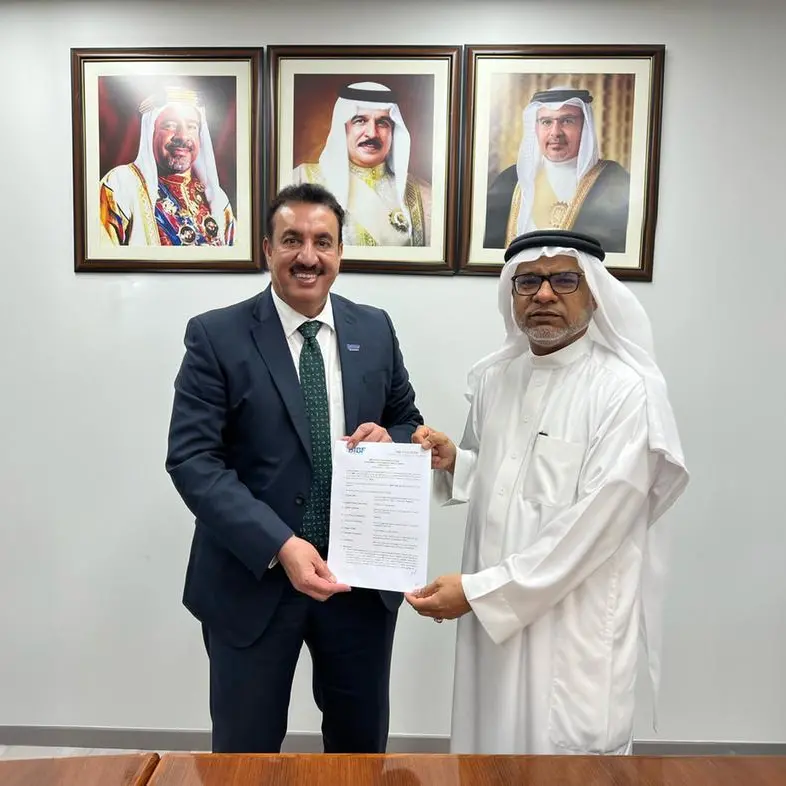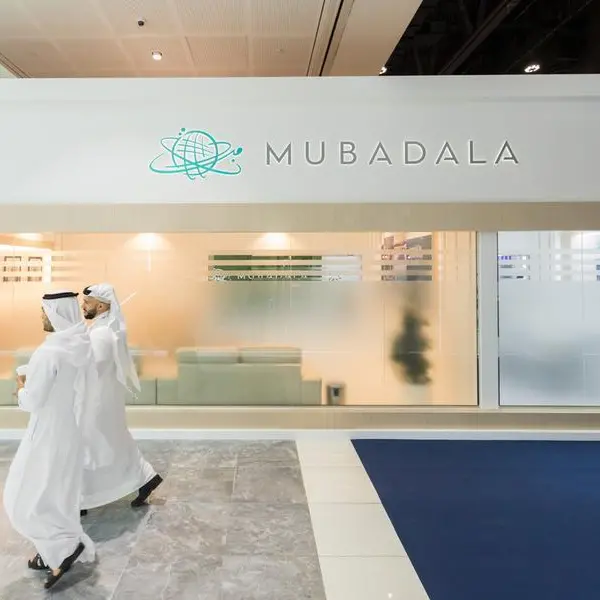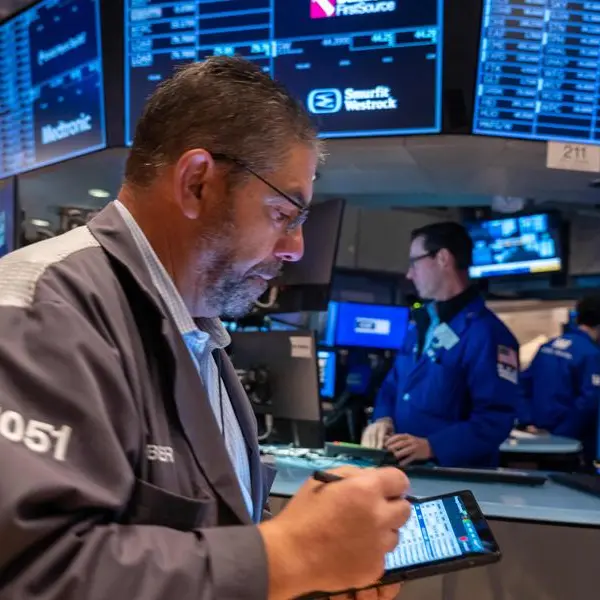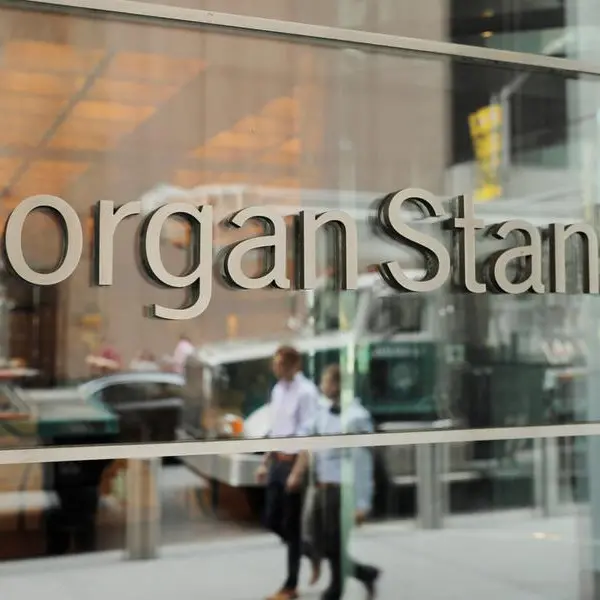PHOTO
DUBAI:The Alternative Investment Management Summit (AIM) celebrated its latest edition convening investors and managers from various sectors of the alternative investment industry, including hedge funds, private equity, venture capital, private debt, digital assets, and fintech, to connect with global industry leaders.
The day was marked by an array of engaging sessions and featured keynote speakers including Abdulla bin Touq Al Marri, UAE Minister of Economy, Mike Novogratz, Dr. Mohamed El-Erian, Chief Economic Advisor of Allianz, CEO & Founder of Galaxy, and Badr Jafar, CEO of Crescent Enterprises.
Global economists and finance leaders came together to explore global market conditions, and the latest trends that are shaping the alternative investment industry as well as addressing challenges and opportunities for the finance and climate nexus, with COP28 only a number of weeks away.
Addressing the Summit in an opening keynote titled “The Role of Catalytic Capital in Accelerating Climate Action” Badr Jafar highlighted the critical role the private sector must play in fixing climate finance to ensure these investment and financing mechanisms are accessible, affordable and equitable in their construct.
Badr Jafar, who is also COP28 Special Representative of Business & Philanthropy, stated, “With the COP28 Presidency placing business centre stage, let us use this incredible platform to raise our ambitions, create our own green agenda that is underpinned by social and economic progress, and catalyse the change we need to see for the sake of our businesses, our society and our planet.”
Jafar went on to highlight that a Global investment of USD 4 trillion per year is required to achieve net zero emissions by 2050 and avoid temperatures from rising above 1.5 degrees Celsius. Developing countries require investments of 2.4 trillion dollars annually through to 2030 to meet Paris Agreement goals. To address biodiversity loss and land degradation, investments in nature to the tune of 8 trillion dollars is needed between now and 2050.
Jafar’s remarks also addressed the vulnerability of certain regions, including the Middle East and North Africa (MENA) region where natural water scarcity, coupled with temperatures rising at twice the global average, foreshadow an increase in drought and extreme weather events that can impact hundreds of millions of lives.
Speaking about addressing the scale of the challenge, Jafar added, “What is increasingly clear, is that there is no way we will come anywhere close to meeting this challenge without the ingenuity and capacity of the private sector. Which is why COP28’s President, His Excellency Dr Sultan Al Jaber, has called for a new paradigm of actionism, which embraces the dynamism, capital, and action networks that business and philanthropy must bring to the table.”
On the COP28 Business & Philanthropy Climate Forum being held later this year, Mr Jafar commented that “this CEO-level Forum will seek to break down silos and mobilize global business and philanthropy leaders, along with policy makers, to unlock solutions and drive bolder results to take us from pledges and declarations, to action and implementation. Remember, this is driven by the UAE’s ambition to host a truly inclusive climate conference, with engagement from all sectors and regions of the world.”
Events such as the AIM Summit held in the UAE in the run up to COP28 are placing the role of the private sector at the heart of the conversation around climate change, highlighting that real, impactful progress can be made when business and philanthropy is brought to the table and flows of catalytic capital are channeled towards addressing the world’s most pressing needs.





















